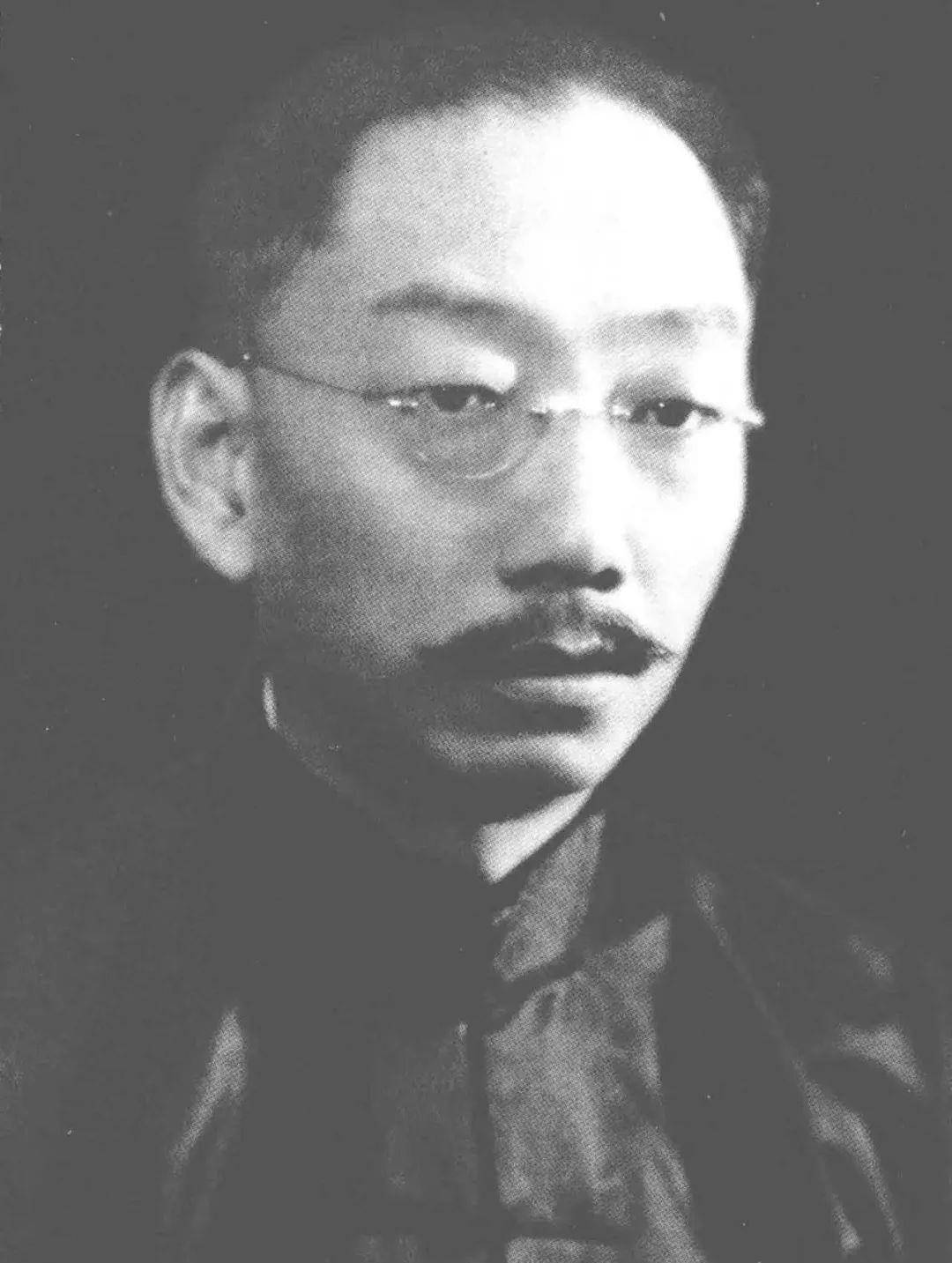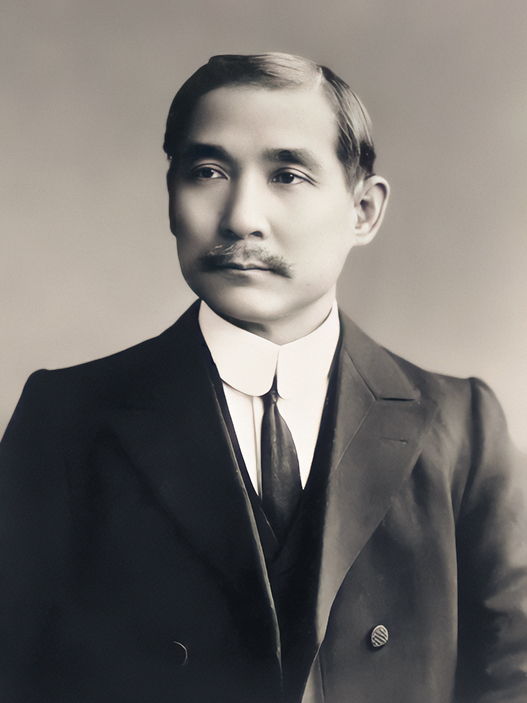Ting Wen-chiang (13 April 1887-5 January 1936), known as V. K. Ting, professor of geology at Peking University (1931-34) and secretary general of the Academia Sinica (1934-36) who was best known for his achievements as founder and first director (1916-21) of the China Geological Survey. Born into a gentry family in T'aihsing, Kiangsu, V. K. […]






